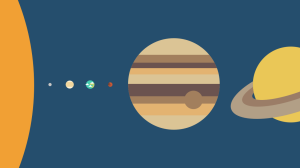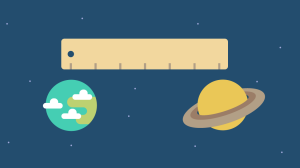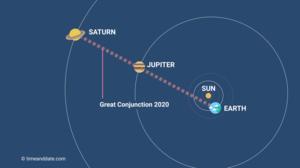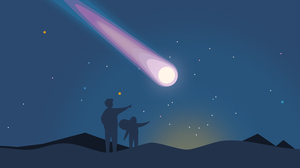11 hours, 57 minutes
Wed, May 29 at 6:12 pm – Thu, May 30 at 6:09 am
Visible tonight, May 29 – May 30, 2024
| Mercury: | From Thu 5:01 am |
|---|---|
| Venus: | From Thu 6:05 am |
| Mars: | From Thu 3:04 am |
| Jupiter: | From Thu 5:35 am |
| Saturn: | From Thu 12:59 am |
| Uranus: | From Thu 5:06 am |
| Neptune: | From Thu 1:38 am |
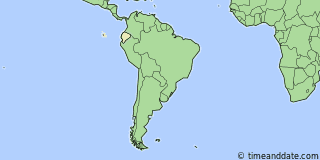
Shortest Lunar Month 2024
On average, it takes the Moon 29.53 days to cycle through all its phases. However, the lunar month starting at Third Quarter Moon on May 30 will last 29.19 days—around 8 hours and 10 minutes faster than average. Read the full story.
Our Interactive Night Sky Map simulates the sky above 1°23'47.0"S, 78°25'28.9"W. The Moon and planets have been enlarged slightly for clarity. On mobile devices, tap to steer the map by pointing your device at the sky. Need some help?
Tonight's Sky in 1°23'47.0"S, 78°25'28.9"W, May 29 – May 30, 2024 (6 planets visible)
Mercury rise and set in 1°23'47.0"S, 78°25'28.9"W
Fairly close to the Sun. Visible only before sunrise and/or after sunset.
Mercury is just 18 degrees from the Sun in the sky, so it is difficult to see.
Thu, May 30 ↑5:01 am
Time:
Altitude: °
Direction: °
Mars rise and set in 1°23'47.0"S, 78°25'28.9"W
View before sunrise.
Mars can best be seen in the hours just before sunrise. Visibility deteriorates as the sky gets brighter.
Thu, May 30 ↑3:04 am
Time:
Altitude: °
Direction: °
Jupiter rise and set in 1°23'47.0"S, 78°25'28.9"W
Fairly close to the Sun. Visible only before sunrise and/or after sunset.
Jupiter is just 8 degrees from the Sun in the sky, so it is difficult to see.
Thu, May 30 ↑5:35 am
Time:
Altitude: °
Direction: °
Saturn rise and set in 1°23'47.0"S, 78°25'28.9"W
View before sunrise.
Saturn can best be seen in the hours just before sunrise. Visibility deteriorates as the sky gets brighter.
Thu, May 30 ↑12:59 am
Time:
Altitude: °
Direction: °
Uranus rise and set in 1°23'47.0"S, 78°25'28.9"W
Very close to Sun, hard or impossible to see.
Uranus is just 15 degrees from the Sun in the sky, so it is difficult or impossible to see it.
Thu, May 30 ↑5:06 am
Time:
Altitude: °
Direction: °
Neptune rise and set in 1°23'47.0"S, 78°25'28.9"W
View before sunrise. Use binoculars.
Neptune can best be seen in the hours just before sunrise. Visibility deteriorates as the sky gets brighter. Very faint, use binoculars.
Thu, May 30 ↑1:38 am
Time:
Altitude: °
Direction: °
Planets Visible in 1°23'47.0"S, 78°25'28.9"W
| Planetrise/Planetset, Wed, May 29, 2024 | ||||
|---|---|---|---|---|
| Planet | Rise | Set | Meridian | Comment |
| Mercury | Thu 5:01 am | Thu 5:04 pm | Thu 11:03 am | Slightly difficult to see |
| Venus | Thu 6:05 am | Thu 6:06 pm | Thu 12:05 pm | Very close to Sun, not visible |
| Mars | Thu 3:04 am | Thu 3:06 pm | Thu 9:05 am | Average visibility |
| Jupiter | Thu 5:35 am | Thu 5:35 pm | Thu 11:35 am | Slightly difficult to see |
| Saturn | Thu 12:59 am | Thu 1:02 pm | Thu 7:00 am | Average visibility |
| Uranus | Thu 5:06 am | Thu 5:05 pm | Thu 11:06 am | Extremely difficult to see |
| Neptune | Thu 1:38 am | Thu 1:41 pm | Thu 7:40 am | Very difficult to see |






